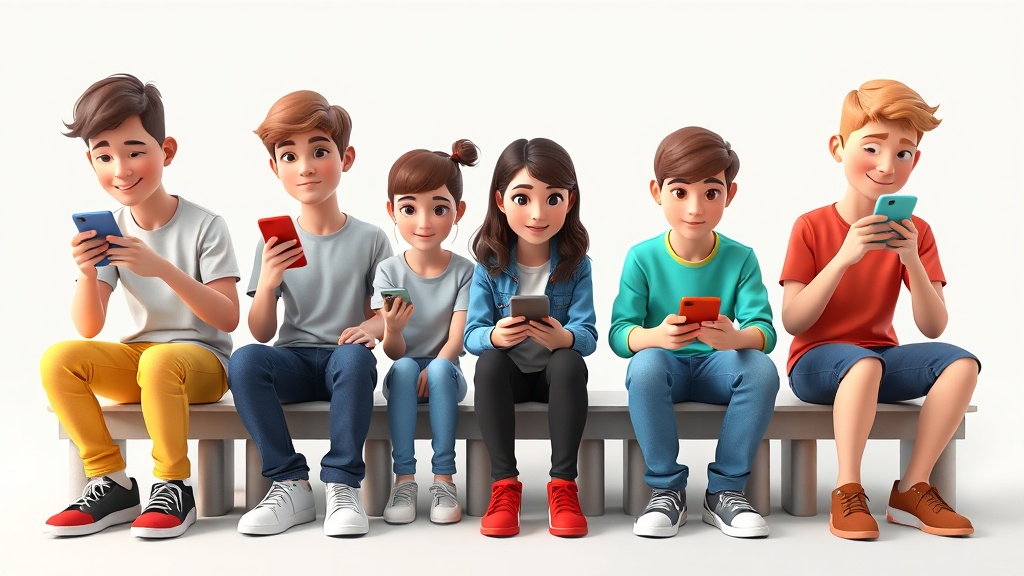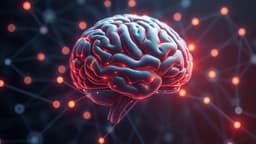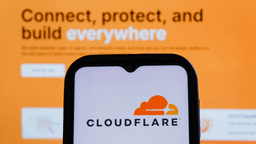Home / Technology / Teens Prefer Chatbots to Humans
Teens Prefer Chatbots to Humans
19 Nov
Summary
- 19% of young people use AI as it's easier than talking to people.
- Nearly 40% of youth in England used AI for support or companionship.
- Key reasons for AI use include speed, fun, and avoidance of embarrassment.

A significant portion of young people, nearly one-fifth, are opting for AI chatbots due to a perceived ease of interaction compared to human conversation. Research commissioned by the OnSide youth charity reveals that almost four in 10 young individuals across England have utilized AI for advice, support, or companionship. The primary motivations cited are the speed and fun of AI interaction, with 19% specifically finding it easier than engaging with people.
Further findings highlight that some young people use AI due to embarrassment or a lack of someone to talk to, with a small percentage even expressing more trust in AI than in humans. This trend, dubbed "Generation Isolation," underscores a societal shift where digital companionship is increasingly sought after. The study surveyed over 5,000 individuals aged 11-18 in England.
Experts caution that while AI will become more integrated into daily life, it must not supplant vital human connections. The irreplaceable value of empathy and understanding derived from in-person interactions remains crucial for developing social skills and emotional well-being. Ensuring young people have access to safe spaces and trusted adults for support is emphasized as paramount, especially amid rising rates of anxiety and loneliness.




